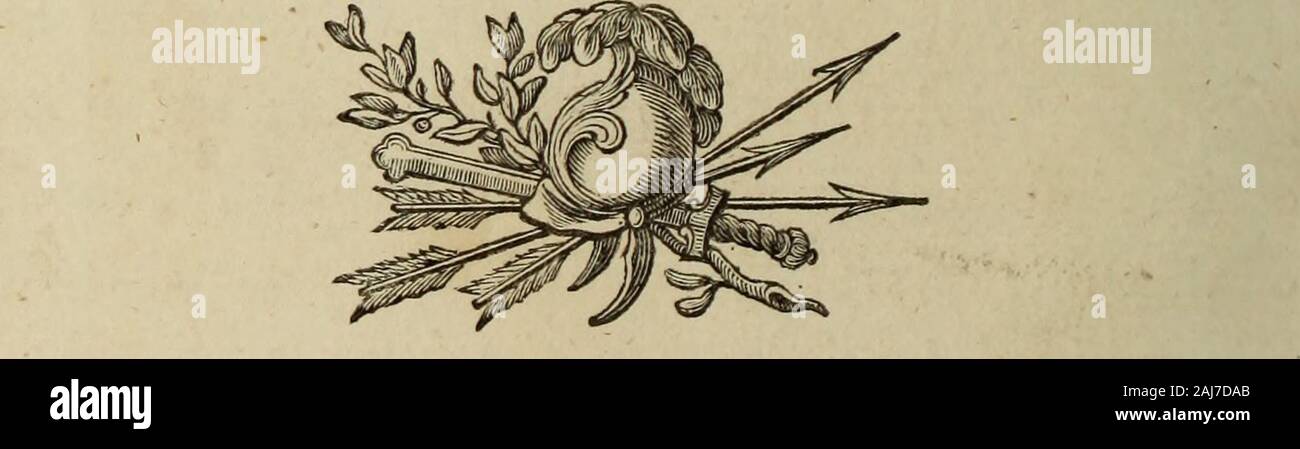The antiquities of England and Wales . compiled from the beft authorities ; and as moft? of thefe buildings are either of the Saxon architecture, orof that flile commonly called Gothic, fome chara6ter-iftic marks and principles of the firft are pointed out,and an investigation of the origin of the latter attempted.Domefday-book being quoted in feveral defcriptions,fome particulars of that ancient record, with a fpecimenof the hands in which it is written, will, it is hopednot improperly, be infer ted. The iv INTRODUCTION, The author begs to have it underftood, that he doesnot herein pretend to

Image details
Contributor:
The Reading Room / Alamy Stock PhotoImage ID:
2AJ7DABFile size:
7.1 MB (205.2 KB Compressed download)Releases:
Model - no | Property - noDo I need a release?Dimensions:
3007 x 831 px | 25.5 x 7 cm | 10 x 2.8 inches | 300dpiMore information:
This image is a public domain image, which means either that copyright has expired in the image or the copyright holder has waived their copyright. Alamy charges you a fee for access to the high resolution copy of the image.
This image could have imperfections as it’s either historical or reportage.
The antiquities of England and Wales . compiled from the beft authorities ; and as moft? of thefe buildings are either of the Saxon architecture, orof that flile commonly called Gothic, fome chara6ter-iftic marks and principles of the firft are pointed out, and an investigation of the origin of the latter attempted.Domefday-book being quoted in feveral defcriptions, fome particulars of that ancient record, with a fpecimenof the hands in which it is written, will, it is hopednot improperly, be infer ted. The iv INTRODUCTION, The author begs to have it underftood, that he doesnot herein pretend to inform the veteran antiquary ;but has drawn up tbefe accounts folely for the ufe offuch as are defirous of having, without much trouble, a general knowledge of the fubjeclis treated of in thispublication ; which they will find collected into as fmalla compafs as any tolerable degree of perfpicuity wouldpermit. In order to render every article as clear aspollible, the verbal defcriptions, where capable, are il-luftrated by drawings.. PREFACE. THE CONTENTS. Of CASTLES. Th E antiquity of caftles in this country, in the times of the Saxons, Romans and Britons - - page I Reafons for building fo many caftles after the Norman conqueft 2Caftles became the heads of baronies—fairs and markets eftablifhed there 2Ecclefiaftic poffeflbrs of caftles - 3 Reafons for demolifhing many of the caftles; and exprefs prohibitions fromerecting new ones, without the Kings fpecial licence—with the form of alicentia kernellare - - - 3, 4 Adls of parliament in the reigns of Hen. III. and Edw. I. directing the pur-veyance for caftles, and alfo the conduct of the governors and conftables 4Of Royal caftles - - - . 5 Government of caftles under the Saxons 5Bifhcps and abbots made liable to the duties of knights fervice 5Caftle-guard tenure—commuted afterwards for an annual rent called ward-penny, and wayt-fee, and commonly called caftle-guard rent—this withknights fervice was annihilated finally in th